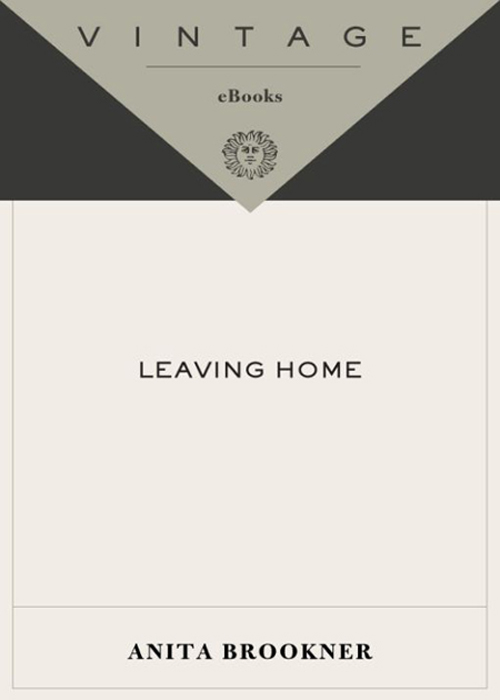
Leaving Home
A Novel
کتاب های مرتبط
- اطلاعات
- نقد و بررسی
- دیدگاه کاربران
نقد و بررسی

Starred review from November 7, 2005
Brookner's narrators often combine a Jamesian inner life with a deceptively blank external one, and Emma Roberts is a paragon of that type. An English doctoral student in the late 1970s whose restraint matches her choice of studies—classical garden design—Emma grew up isolated with a widowed, reclusive mother. "We loved each other greatly," she says, "yet so exclusive was that love that it was experienced more like anguish." Emma is studying in Paris and living as hermetically as her mother; her only acquaintances are a sexually adventurous librarian, Françoise, and a reserved young novelist, Michael. When Emma gets word that her mother has died, she rushes home to London and within weeks finds herself in a muted, epistolary power struggle with Françoise. Meanwhile, Emma meets Philip Hudson, a surgeon whose taciturn nature rivals her own (and recalls a less exalted Mr. Darcy). But things happen in Emma's life only to be swallowed by the deep, silent river of her shyness and her willingness to go along with what others want. This isn't an Austen novel, and even an instant of unalloyed pleasure would seem glib after several pages of Emma's sere circumspection. That circumspection makes the novel very powerful, even as Emma's passivity is sometimes so extreme it feels concocted only to justify a few more elegant sentences. But Emma is among the most delicately rendered heroines in recent fiction.

February 1, 2006
No lullaby can soothe the pain or trauma that confronts this work's eponymous character. For Neecey, growing up in 1950s Chicago means struggling against poverty and severe child abuse and neglect. After parents Ruby and Jesse break up, Ruby takes up with a succession of lazy and lecherous men, and Neecey is crushed to discover that Jesse is not her real father. Ruby then bears more children, whom she physically and verbally abuses, and saddles Neecey with the parenting responsibilities. Neecey's anger is righteous and her spirit relentless in the face of incredible odds; her inner strength recalls that of Bone in Dorothy Allison's "Bastard Out of Carolina"and Ellen in Kaye Gibbons's "Ellen Foster" Unfortunately, Burks ("SilkyDreamGirl" ends her moving portrayal abruptly, short-circuiting an otherwise forceful creation, namely, the persona of Neecey. Recommended for large fiction collections." -Faye A. Chadwell, Univ. of Oregon Libs., Eugene"
Copyright 2006 Library Journal, LLC Used with permission.

October 15, 2005
Fearful of emulating her isolated and timid widowed mother, Emma Roberts, herself circumspect, repressed, and brooding, leaves London for Paris to pursue her study of classical garden design. Emma is trying to live "according to the classical ideal, that of order and control and self-mastery," the very life that Brookner has so assiduously examined in each of her subtly powerful psychological novels, which now number 23. Brookner's melancholy but determined narrators approach the business of life like cautious chess players excessively contemplating every move, and Emma is no exception. Almost morbidly attuned to etiquette, she makes her way gingerly across the board, balancing the anguish of loneliness with the pleasures of solitude. Just as nature is seemingly tamed in the gardens Emma studies, she prunes, trellises, and weeds her emotions and desires to create a restrained and decorous life. Adventurous and sexy Francoise is her opposite, and the two forge a tenuous friendship as Francoise and her strong-willed mother battle over the future of their beautiful country home and her mother's scheme to marry Francoise to a wealthy neighbor. As Emma (and yes, the echoes of Austen are appropriate) is reluctantly drawn into their complicated struggle, Brookner infuses every exchange with profound philosophical concerns. "It takes a kind of genius to save one's own life," Emma muses, and it takes an astute and rarefied novelist to write large the story of a staid life.(Reprinted with permission of Booklist, copyright 2005, American Library Association.)

























دیدگاه کاربران